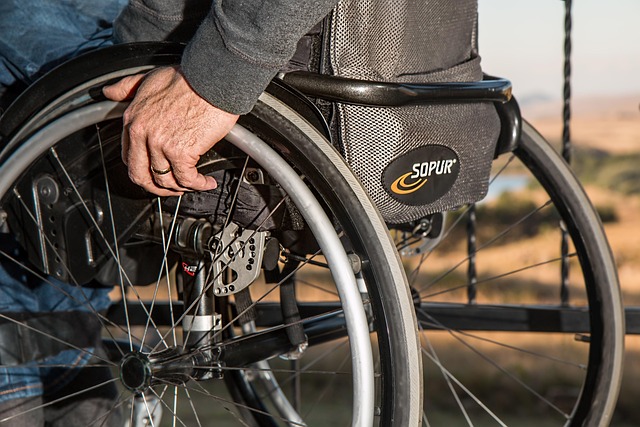It’s all too common to experience a burned-out feeling when it comes to fitness training and health activities. Whether you’re a seasoned athlete or a beginner on your wellness journey, the relentless pursuit of goals can sometimes lead to physical and mental exhaustion. Understanding and overcoming this sensation is crucial for sustaining motivation and achieving long-term success.
In our age of instant gratification, there’s immense pressure to see immediate results. Social media is rife with fitness influencers showcasing their transformation stories that often overlook the challenges and setbacks faced along the way. It’s easy to compare ourselves to these curated images and feel defeated when we hit a slump or feel drained. The key to combating this burned-out feeling is to embrace resilience and redefine our approach to fitness.
First and foremost, it’s essential to listen to your body. Recovery is a vital component of any training regimen. When you start feeling exhausted or lose enthusiasm for your workouts, it’s a signal that your body may need a break or a change in routine. Consider incorporating rest days or mixing up your activities. If you’re used to high-intensity training, try a low-impact workout like yoga or swimming to give your body a chance to heal while still being active.
Moreover, setting realistic goals can help alleviate the pressure that contributes to burnout. Instead of focusing on drastic transformations or lofty benchmarks, consider setting smaller, achievable objectives. Celebrate these milestones, no matter how minor they may seem—they serve as important reminders of your progress and dedication.
Additionally, find joy in your fitness routine. Experimenting with new activities can rekindle your passion for movement. Join a dance class, go hiking with friends, or even try a martial arts class. Engaging in activities that excite you can transform your perspective on exercise from a chore to an enjoyable pastime, keeping the burned-out feeling at bay.
Surrounding yourself with a supportive community can also make a significant difference. Sharing your experiences with others who face similar challenges can create a sense of camaraderie and promote accountability. Consider joining a fitness group, participating in community events, or simply sharing your journey with friends and family. Their encouragement and understanding can help lift you during those tough times.
Finally, prioritize your mental health. Mindfulness techniques, such as meditation and journaling, can help clarify your feelings and reduce anxiety associated with your fitness journey. Recognizing that it’s normal to feel burned out and that you’re not alone in these feelings can be immensely liberating.
In essence, overcoming the burned-out feeling in fitness training and health activities requires a multifaceted approach. By prioritizing rest, setting realistic goals, exploring new activities, creating a support network, and nurturing your mental health, you can strengthen your resolve and rekindle your passion for leading a healthier lifestyle.



